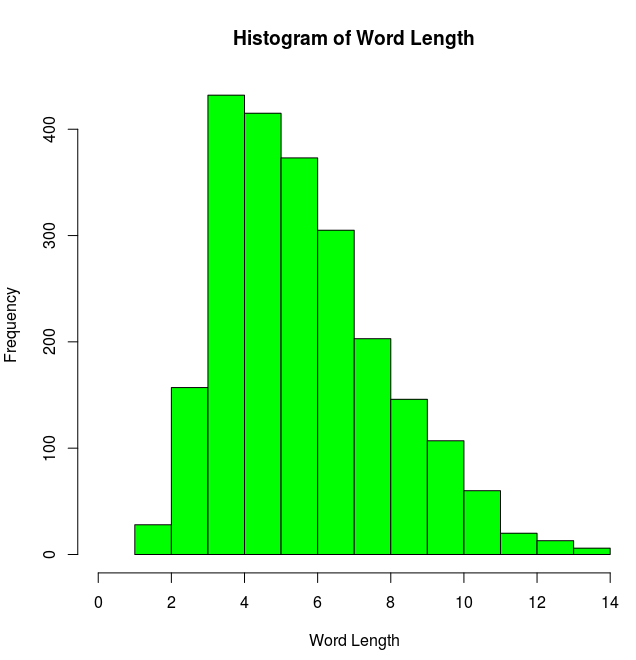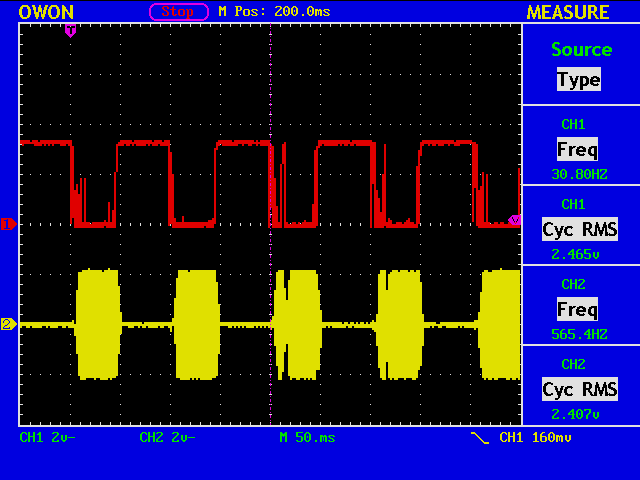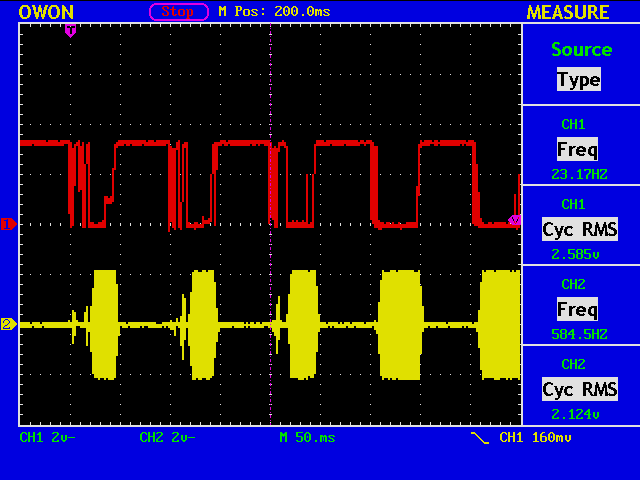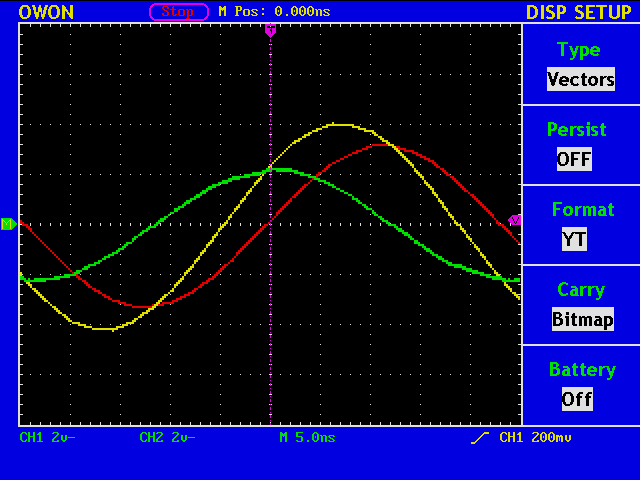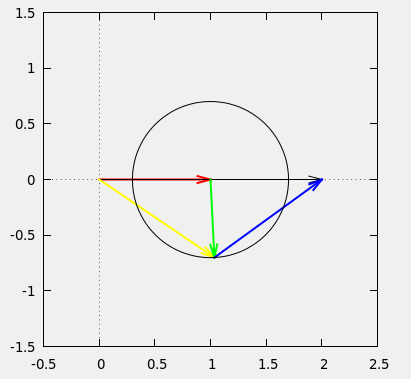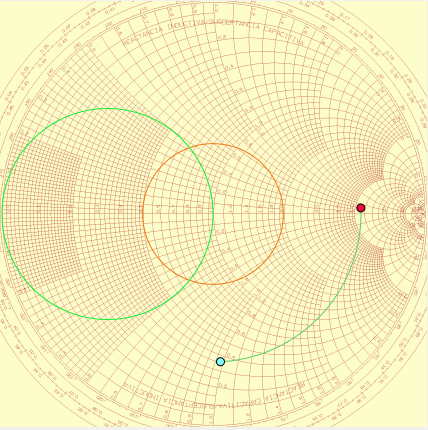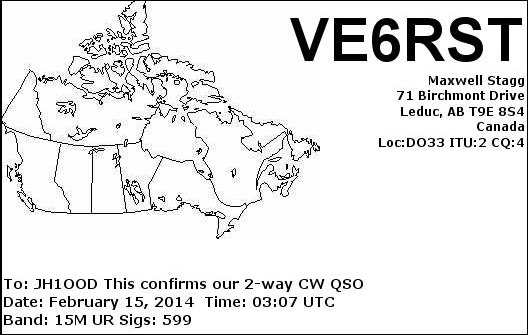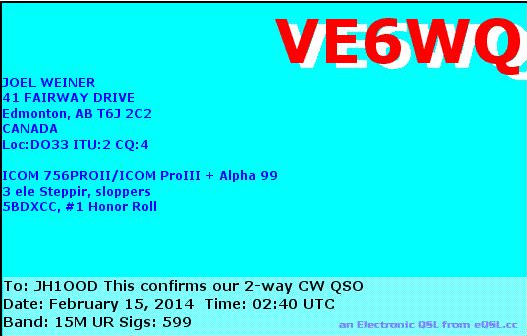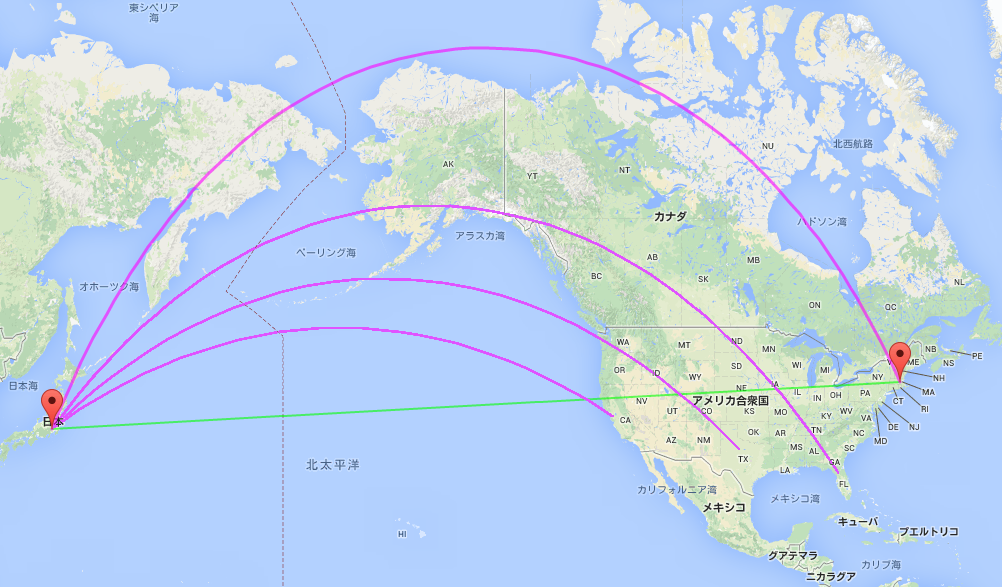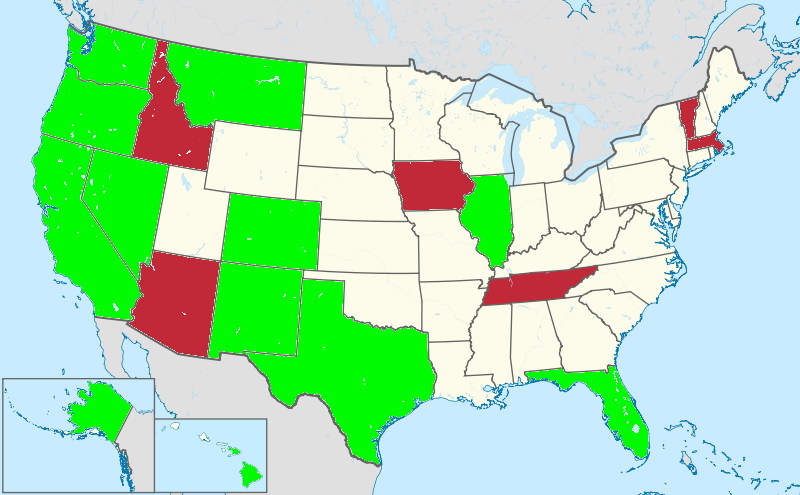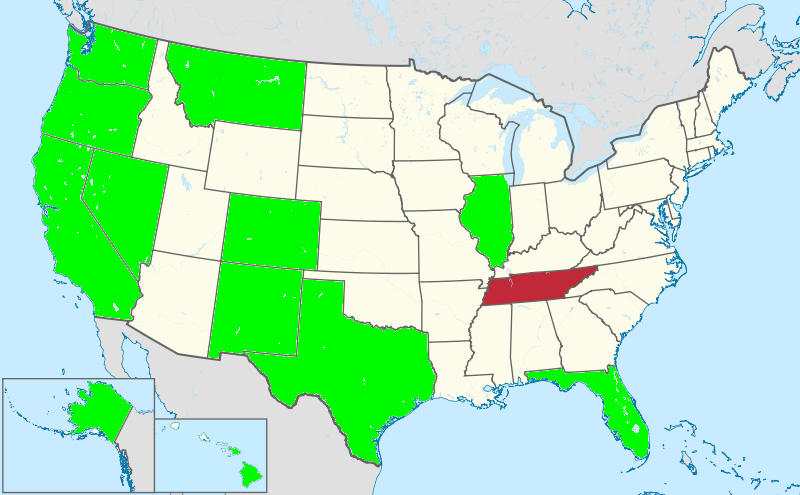Suppose you have 3,129 articles in your blog, and each article is stored in of the following files.
blog-entry-1.html blog-entry-2.html ... blog-entry-3128.html blog-entry-3129.html
In such cases you can download all the files by a single command:
wget -r -np -o log.txt --accept "blog-entry-*.html" http://myFBblog.com/
This is almost OK, but when you list the names of all the files, they might appear in an order which may not be convenient for your purposes.
% ls -l blog-entry-*.html blog-entry-1000.html blog-entry-1001.html ... blog-entry-998.html blog-entry-999.html blog-entry-99.html blog-entry-9.html
This happens because the numbers 1 through 3129 are represented not in a fixed length. So here comes a short bash script to change the names of the files so that all digits are in four letters.
#!/bin/bash
FULL_LENGTH=20
MV=/bin/echo # change this to /bin/mv if you are sure.
for file in blog-entry-*.html
do
myzero=(dummy 0 00 000) # the first element is indexed with zero
len=${#file}
if [ $len -ne $FULL_LENGTH ]
then
let short=$FULL_LENGTH-$len
newfile=${file/entry-/entry-${myzero[$short]}}
$MV $file $newfile
fi
done
exit 0
What you will have is:
% ls -l blog-entry-*.html blog-entry-0001.html blog-entry-0002.html ... blog-entry-3128.html blog-entry-3129.html

